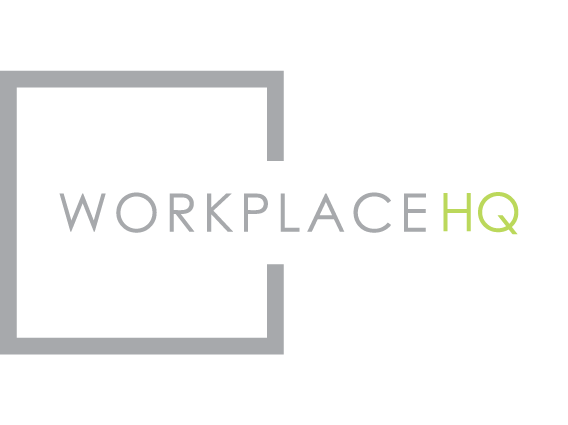Interviewing the interviewer
After interviewing countless candidates and job seekers throughout my career, I have come across some fantastic best practice responses for interviews, as well as some not-so fantastic responses. A common strategy I have found the majority of candidates’ use is to prepare for an interview by covering off the basic talking points:
- Why do I want this job?
- What are the strongest attributes I can bring to the organisation?
- What are my short-term and long-term goals?
- My strengths and weaknesses?
This can often lead to people becoming overwhelmed with preparing the ‘perfect answer’ to these questions, and finding themselves caught off-guard when the interview might take a twist. Particularly, when the interviewer wraps up the meeting by asking one of the most important questions of all – “do you have any questions for us?” – is where the perfect interview can often unravel.
In order to be prepared, you might take this opportunity to further explore the logistics of the role. For example, the core duties, the team structure, or the hours of work. However, as non-salary related factors are becoming increasingly significant to employee satisfaction, this is an ideal opportunity to learn more about your prospective employer’s culture.
Chances are the interviewer will ask all candidates the same set of standard questions, so ‘Q&A time’ is your chance to differentiate yourself and outshine the competition. Asking targeted questions allows you to gain some authentic insights into the organisation and make an informed decision on whether this is a business you want to align yourself with.
You might like to show that you have truly thought about the organisation further than just a cursory glance at their website, or instil confidence in the value you can bring to the team by demonstrating that you are engaged in a career opportunity, not just a job.
Below are some examples questions you could use to prepare for your next interview. Keep in mind however you will need to tailor your questions depending on the level of the role you are applying for, the structure of the organisation, and what you hope to achieve from your questioning.
Question 1: Can you tell me about the top performers in the organisation, and what you believe has contributed to their success?
Why ask? This question demonstrates that you aren’t content to rest on your laurels – you are driven to succeed and produce results. You will also find out what the key decision makers value in an employee and how success is measured for the business.
Question 2: What do you like best about working for x company?
Why ask?The aim is to find out more about the culture of the organisation and whether it is somewhere you could see yourself working. Genuine passion and contentment will shine through in the answer, so listen carefully.
Question 3: What does onboarding look like for new employees, and in what timeframe do you expect someone to be fully competent in the position?
Why ask? Firstly, you want to ensure you are going to be given the best chance to succeed in the role and understand what the organisation’s expectations are on how quickly you will achieve this. Whether a company offers a structured training program and ongoing learning and development should also indicate whether the organisation values and invests in their staff’s growth.
This is by no means an exhaustive list, and as a general guide 2-3 questions is a good amount to aim for unless they have been answered throughout the interview process. Alawys have at least one question for the interviewer.
Want more tips for nailing your interview? Check out our guide to acing the first impression here.



